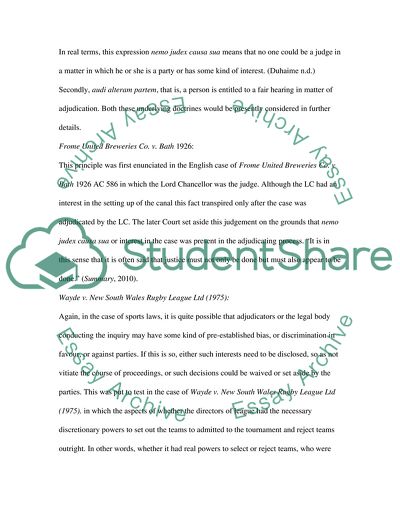Cite this document
(What is Meant by Natural Justice Research Paper, n.d.)
What is Meant by Natural Justice Research Paper. Retrieved from https://studentshare.org/sports-and-recreation/1731985-what-is-meant-by-natural-justice-sports-law-essay
What is Meant by Natural Justice Research Paper. Retrieved from https://studentshare.org/sports-and-recreation/1731985-what-is-meant-by-natural-justice-sports-law-essay
(What Is Meant by Natural Justice Research Paper)
What Is Meant by Natural Justice Research Paper. https://studentshare.org/sports-and-recreation/1731985-what-is-meant-by-natural-justice-sports-law-essay.
What Is Meant by Natural Justice Research Paper. https://studentshare.org/sports-and-recreation/1731985-what-is-meant-by-natural-justice-sports-law-essay.
“What Is Meant by Natural Justice Research Paper”, n.d. https://studentshare.org/sports-and-recreation/1731985-what-is-meant-by-natural-justice-sports-law-essay.


